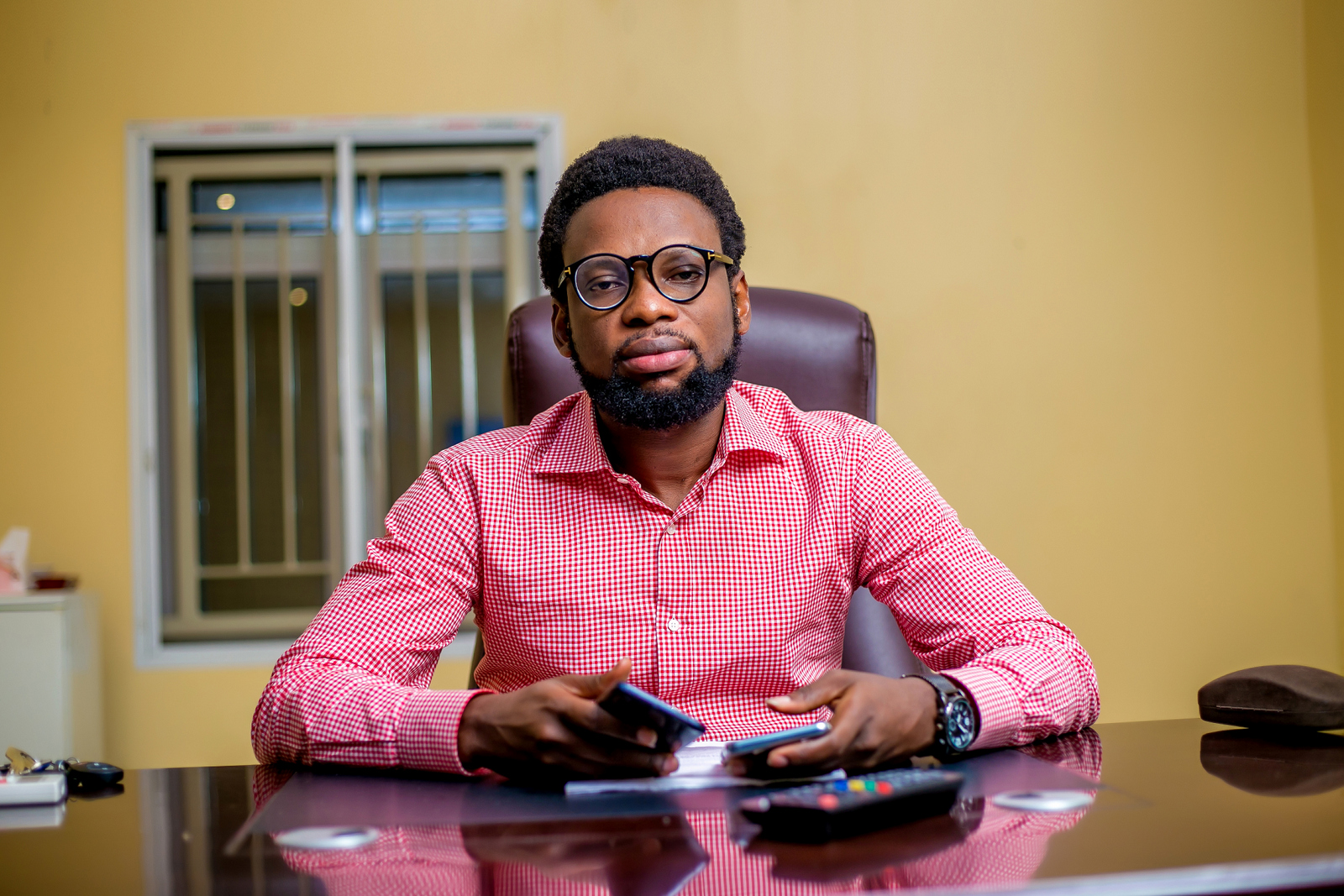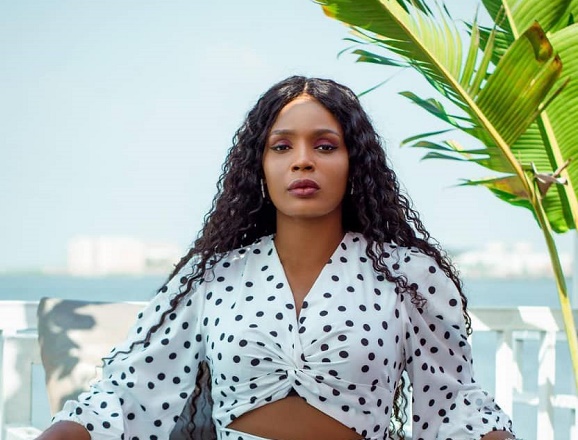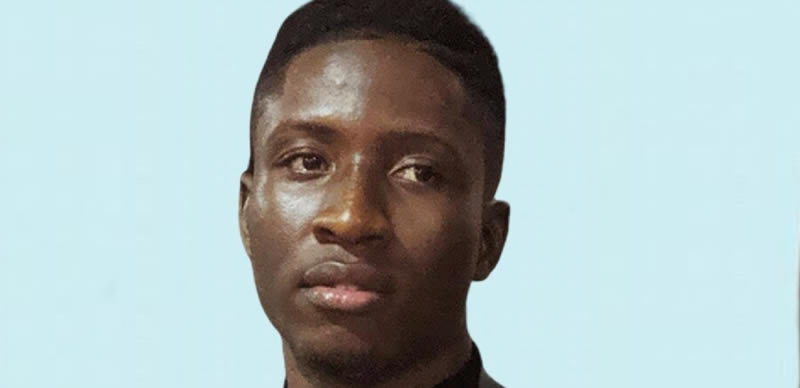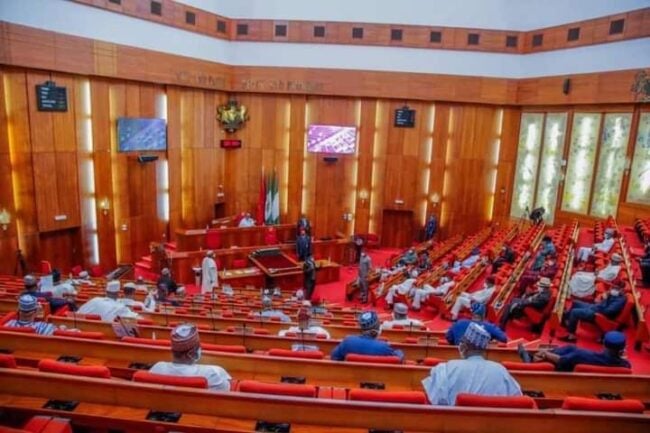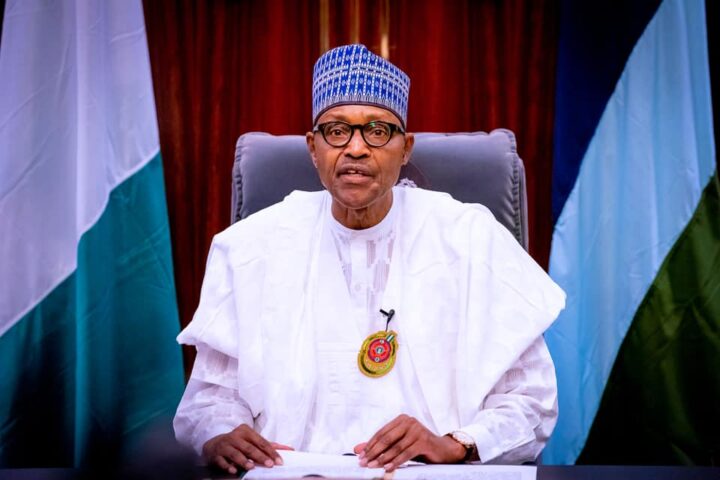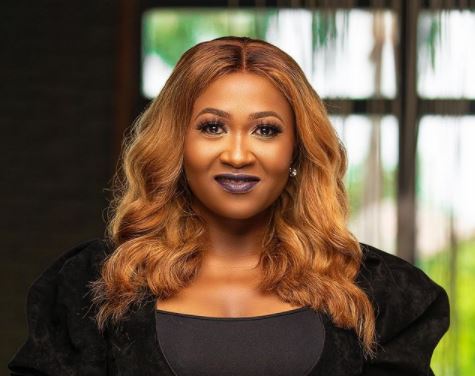On Wednesday, ‘Fisayo Soyombo, former editor of TheCable and one of Africa’s most decorated journalists, will launch an online investigative and social-justice newspaper, the Foundation for Investigative Journalism and Social Justice (FIJ). Ahead of the launch, he speaks on his journey from editorship to reporting and now publishing, his passion for investigative reporting despite the risks, his stints in the newsroom and his reasons for founding the FIJ. He discusses his personal life too.
You were editor of Sahara Reporters between 2018 and 2019. That was such a brief spell. Why did you leave?
Actually, my exit from Sahara Reporters was the culmination of a journey that should have begun when I left TheCable in January 2017. I left TheCable thinking I was moving into freelance investigative reporting. I started, in fact. I was on an assignment for Daily Mail UK when I received a call from Mr. Dayo Aiyetan, the executive director of the International Centre for Investigative Reporting (ICIR). I couldn’t say ‘no’ to him and, looking back, I’m quite happy I didn’t— because in many regards he was an amazing person to work for.
I was to leave the ICIR for freelance investigative reporting when Mr. Omoyele Sowore called in early 2018. That wasn’t the first time he spoke to me about working for him, but whereas in the past certain things were unclear, this time around many things were straightforward. I’d said when I joined that I was on the verge of entering freelance investigative reporting; therefore, if I would work for him, I’d love the opportunity to still be able to get time off for fieldwork once or twice per annum. That didn’t happen at all in one year, so I knew I had to choose between editorship and investigative reporting. I chose the latter and I couldn’t be happier with my choice.
Advertisement
And you weren’t scared? You left without any guaranteed source of income!
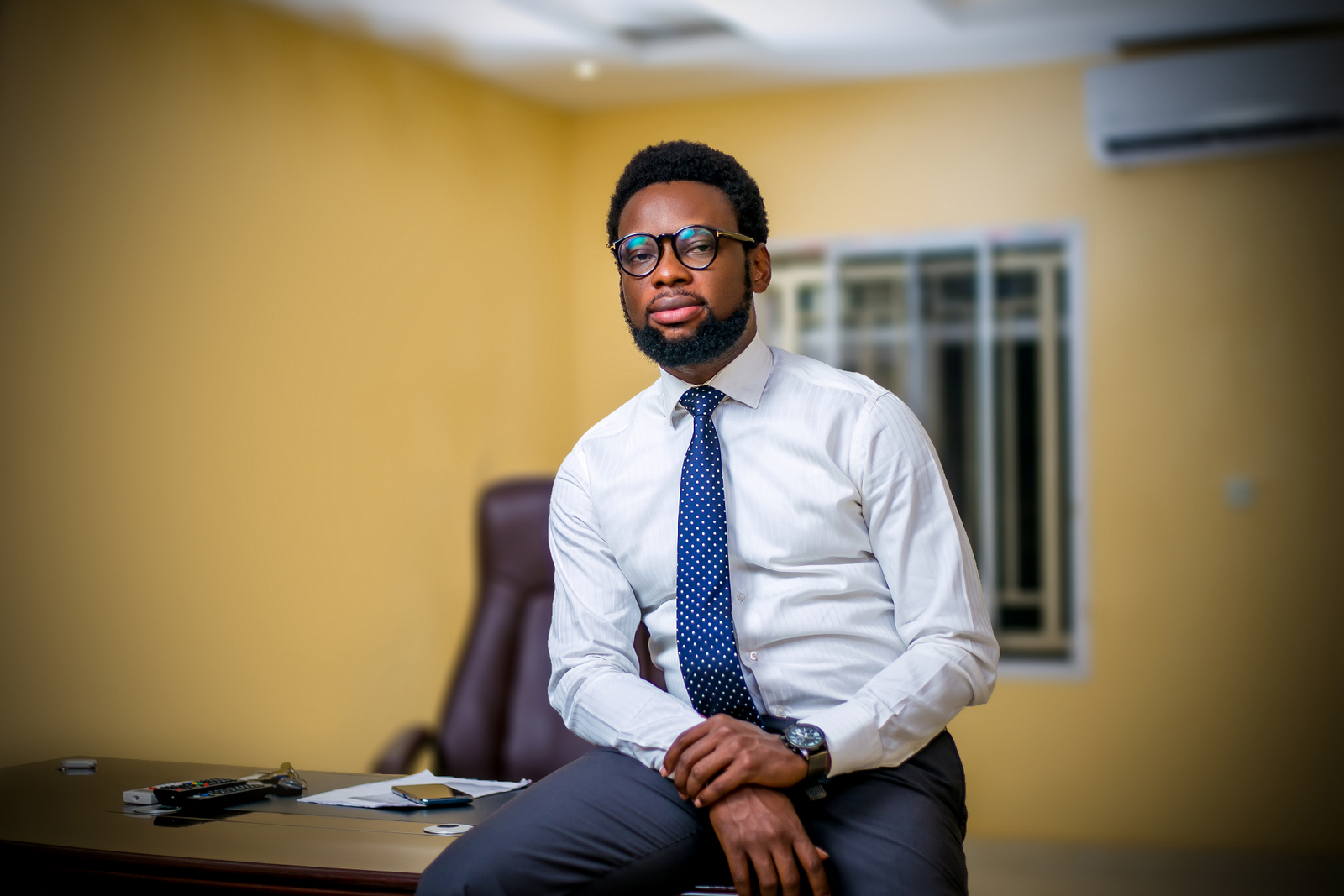
Why should I be? It was something I first tried to do in January 2017. Here I was in June 2019 doing it. That was some two-and-half-years of knowing I would do it, so why should I still be scared after such a long preparatory time? My Sahara Reporters spell may have been short-lived but the decision to move on was anything but kneejerk.
Advertisement
In any case, I’m a man who conquered his fears long ago. I’m an uncertified risk taker. When I’m convinced something has to be done, I do it regardless of the risks or high probability of failure. In terms of practical planning, I had the prison investigation waiting for me. I’d wanted to do it for three years. Before that I’d pitched it to Tom Watson of the BBC Africa Eye back in 2017 when Africa Eye was coming to Nigeria. In January 2018, I attended a BBC-funded hostile environment training as part of base preparations for the story. For some reason, both parties got distracted by other affairs and it never happened. I knew that if the BBC liked that story, why shouldn’t a Nigerian newspaper accept to fund it? So I may have resigned without a guaranteed means of income but then I had a guaranteed idea to pursue.
Still, I understand your concerns. One friend said I was “mad”, another said I was “unstable”. A colleague at the time told another: “If anyone leaves the job of Editor to become a freelance investigative journalist, he will die of hunger.” I look back at that decision today and it ranks up there as one the most rewarding risks I’ve taken.
You left the role of editor to become a freelance investigative reporter. Who does that! Not many would make a step from editorship, the peak of the newsroom, to reporting. What informed that decision?
You probably would be surprised to hear this: the step-down in rank was never a problem. Not even for a second! I’ve always thought your real career value is what is left after you’ve been stripped of official rank. Official titles confer an imaginary sense of worth that sometimes disappears once the journalist and the newspaper go their separate ways. You can be John Cena of The New York Times or Tupac Shakur of Reuters, but who exactly are you when you’re no longer with those colossal media platforms? For that reason, I never had a problem with being ‘Fisayo Soyombo without TheCable or ICIR or Sahara Reporters.
Advertisement
Also, I am in journalism for a reason. I sat myself down at the end of my first semester at the University of Ibadan, where I was studying Agriculture, and asked what I wanted to do with my life. It was two weeks of solitude that birthed my choice of journalism. I saw journalism as a tool for speaking for the downtrodden, speaking truth to power and generally advancing the society. Every year I ask myself if I haven’t deviated from that calling or how I can better realise it; I rededicate myself to that mission every year. And guess what? I don’t necessarily have to be an editor to fulfill the reasons for which I became a journalist! As long as my pen/laptop hasn’t been snatched from me, let’s do journalism!
To specifically answer your question, I left my last editorship role because I wanted to immerse myself in investigative reporting with the recklessness and innocence of a child playing with sand.
And now you’re starting an online newspaper after a year-and-a-half of investigative reporting. One would have thought you would stay glued to the field for much longer.
It’s true I could have done that for much longer, but founding FIJ was one evolution I was always going to make. I asked myself if I wanted to travel fast or travel far. I could have continued as a freelance journalist, a lone ranger. I wanted that and I had it; and, to be honest, it was beautiful. And it still is. But I also saw the opportunity to raise a team of young journalists who truly want to serve the public with their work and time; that’s travelling far. The ideals for which I embraced freelance reporting will still be fulfilled this way — at a faster pace, even. Ten of us will hunt down 10 stories in three months, something that would take only me over three years. The best part of it all is I get to eat my cake and have it. I’m technically still a freelance journalist; just that I am now responsible for the growth of my guys. I’m now a reporter who has to look after both his report and his reporter-colleagues. I love the challenge.
Advertisement
You say you love the challenge, but what if you fail? You haven’t done this before — setting up a platform, paying salaries, driving the financial side of the project. Yes, you have been editor in the past but you’re managerially inexperienced at the level of being a newspaper CEO?
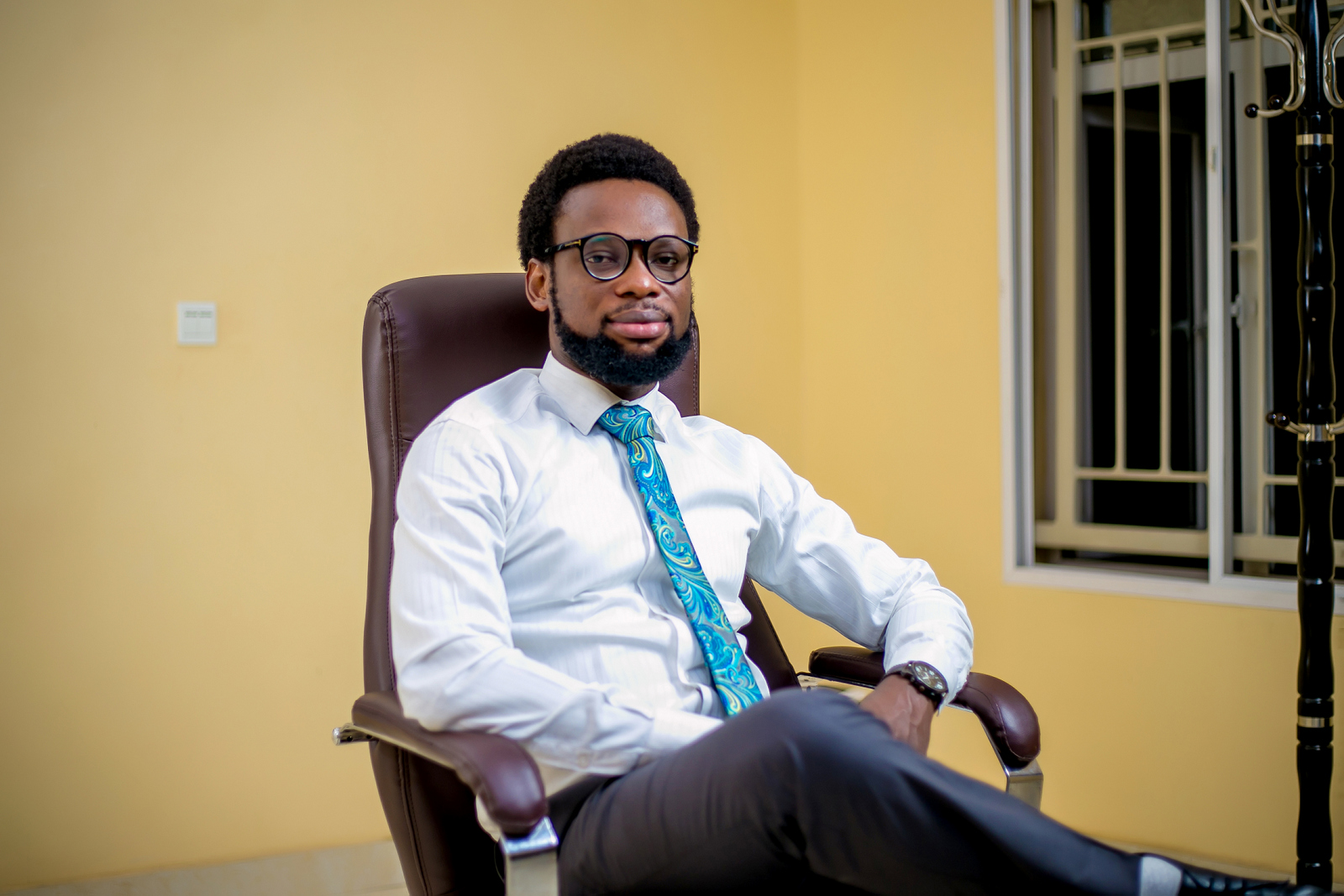
Advertisement
You’re not exactly wrong about my experience level but experience isn’t picked up on the streets. You become experienced by trying, failing and re-trying. You do it by reading, listening, watching what has been done in the past. All these I have done and I continue to do. Still, failure is a possibility. Just that I’m not scared of failure one bit. I’m someone who conquered ‘fear’ long ago, so I’m happy to try and fail rather than abstain for fear of failure. The good news, though, is that success is just as possible as failure.
One important thing for me to point out is that I don’t suddenly see myself as a CEO. No lifestyle changes; no new cars or houses; no sudden fancy living. I’m still a reporter. Or now I am a reporter of reporters, if I can put it like that. I’m still a reporter who now has to look after some reporters, who now has to advance the personal and career progress of his team members. Yes, at the end of every year, I will be asking myself: “how have these guys bettered their careers by virtue of their association with me?
Advertisement
This is a very big risk. What exactly is the pull?
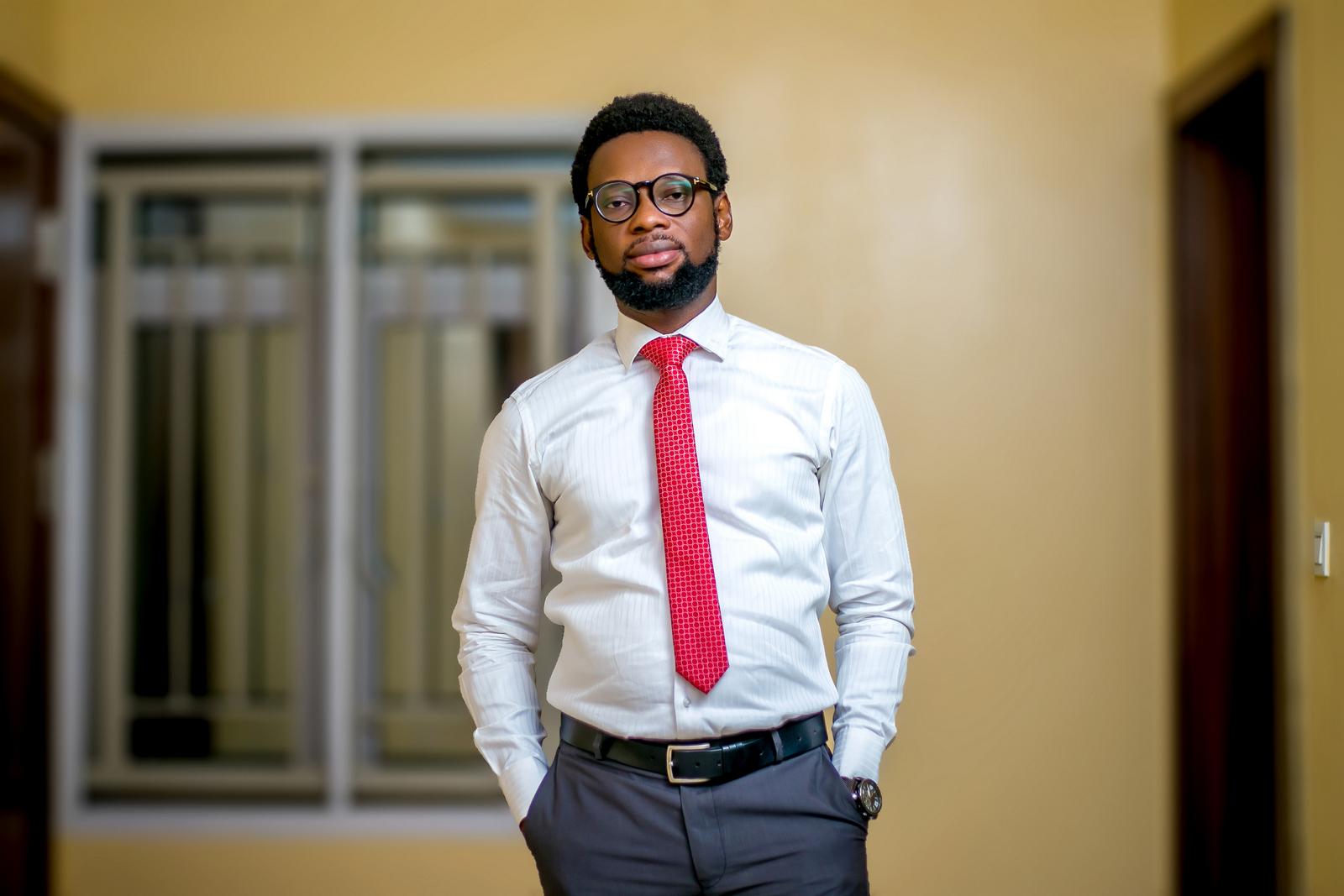
Advertisement
The space for impact. That’s always what is at the heart of my work. We are creating a journalistic platform to fight for people and I’m hoping it will be massive. This was something I did a few times on my social media platforms in recent months, but with FIJ it has now been institutionalised. Let me tell you two of the stories you’ll read from us before the end of this month. One woman who was misdiagnosed with cancer, had a breast removed and underwent chemotherapy and radiotherapy only to be subsequently told she did not have cancer. As it is, the breast cannot be restored. Will the hospital go scot-free without adequately compensating her? Or that of a lady who was raped by a doctor but the matter isn’t receiving the deserved attention from the hospital. It can’t just die like that. So I’m quite excited about the chance to live my journalism life for people who probably will never be able to say ‘thank you’ to me in words much less in deeds. I’m so excited I think this interview is getting too long. Now, let’s just get to work!
You sound so upbeat. Who is bankrolling you?
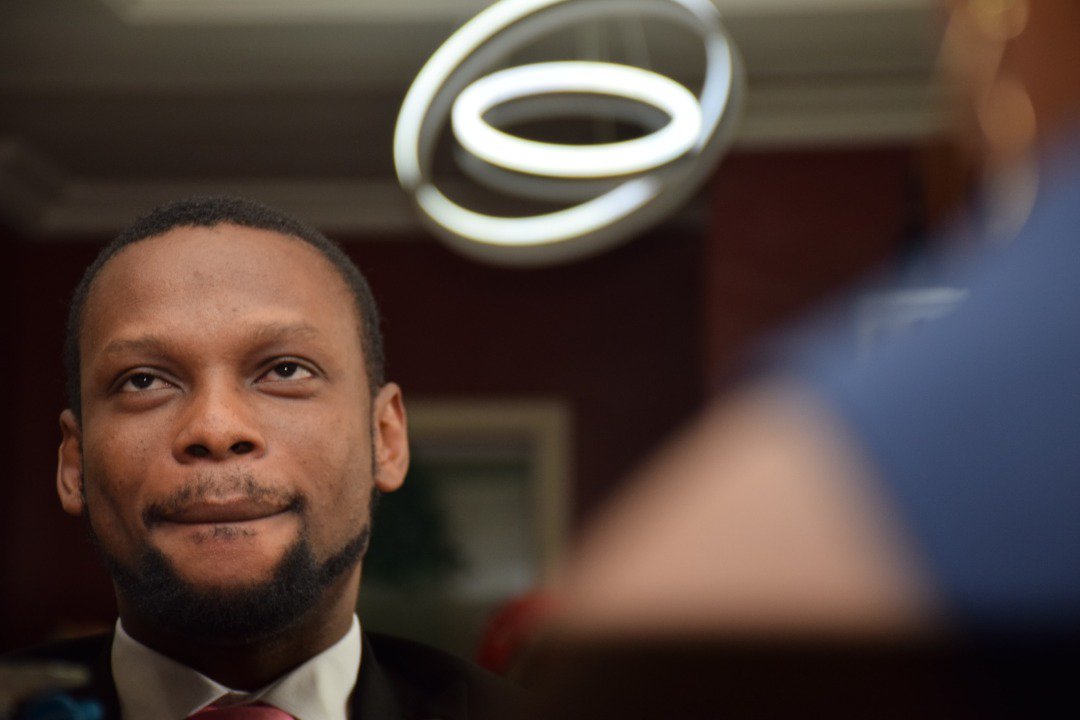
Well, I have to be upbeat, really. There’s no point entering a new adventure so defeatist. There’s no sugar daddy and we’re not being bankrolled by anyone; to try that with investigative reporting is to undermine our work before it has even taken off. But there are people and institutions who believe in our work from a distance. And from close range, we have the Open Society Initiative for West Africa (OSIWA) as our development partners. I also knew for years that I would someday do this, so I’ve made personal investments as well. Let’s see how far we go.
You spent two weeks in a police cell and in prison, then followed it up with 10 days at a psychiatric hospital. All to chase a story. This is daring journalism. Why do you do it? Some in the industry have said you do it for the fame.
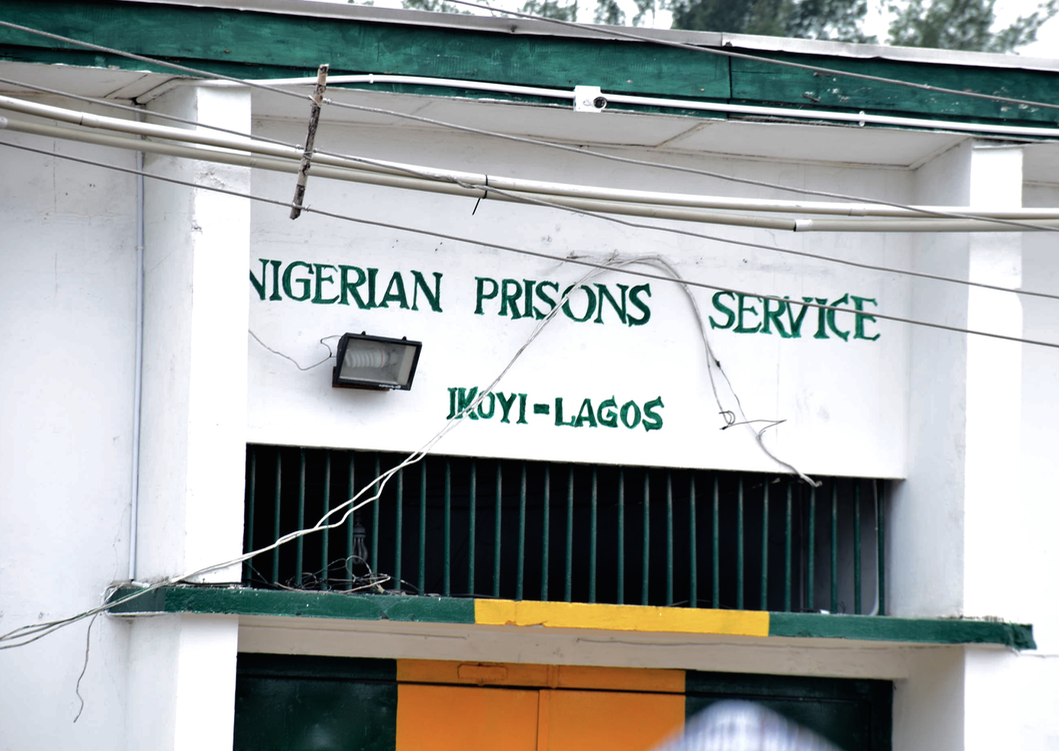
Lol. If I wanted fame, I would have asked Don Jazzy or Davido to sign me up. I’d have switched to the music industry. Listen, it’s okay if some people think I do investigative journalism for the fame. As they say, no matter who you are, you’re the villain in someone else’s book. I don’t have to convince everyone to see why I do what I do, especially people whose only interactions with me are through my works, the social media or the pages of newspapers. The people in my personal life understand the genuineness of my intentions. That’s fair enough.
But generally speaking, you cannot talk about solving a problem that you, as a journalist, are not aware of. You can’t even bring such a problem to the notice of the public or the people in whose hands the solutions lie. And you will never know the extent of the corruption and injustice in police stations and prisons if you don’t experience it. Unless you go in yourself, you’re only regurgitating reported speech.
You’re one of the continent’s most decorated journalists. Last year alone, you either won or were shortlisted for six international awards. Tell us, how many have you won so far?
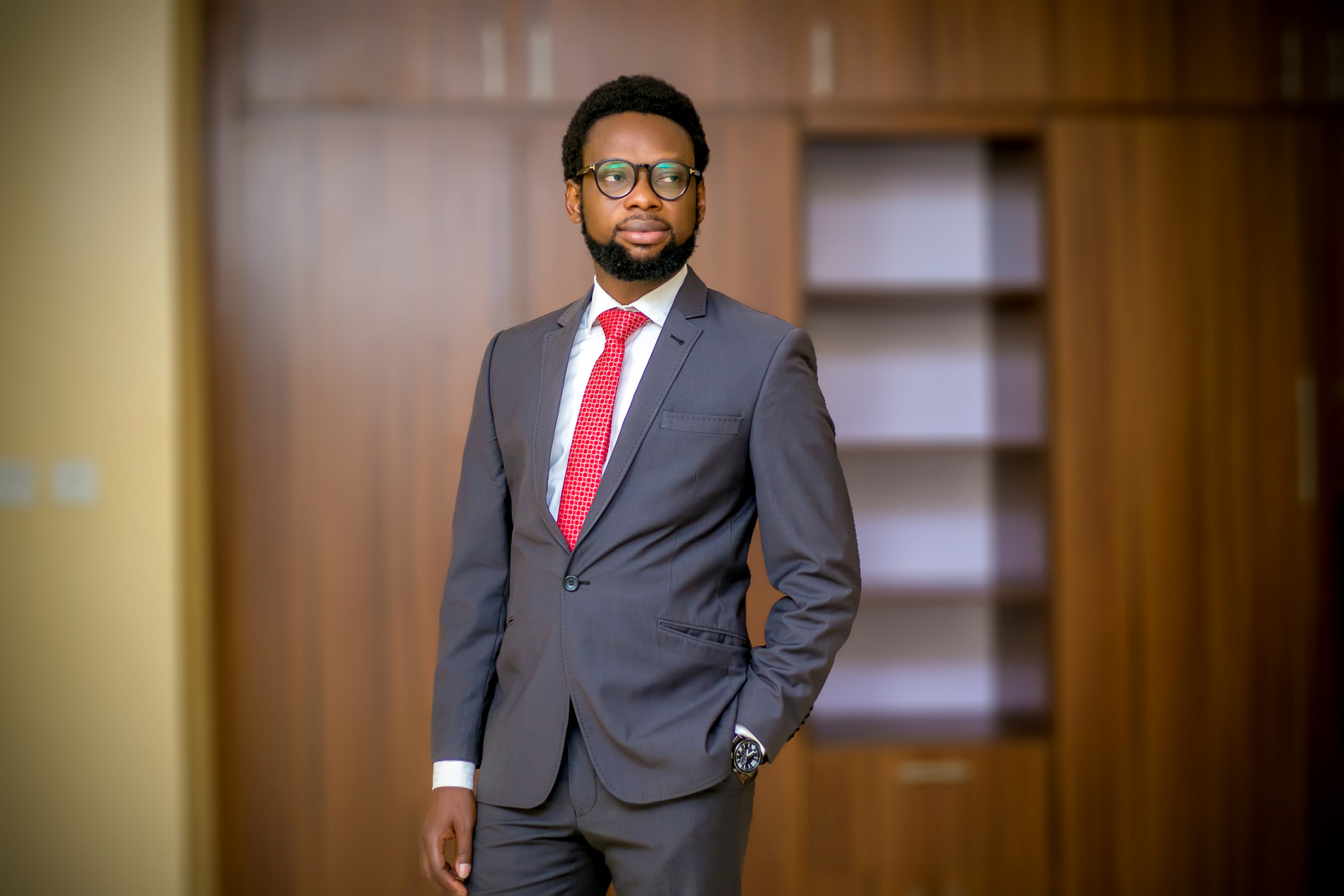
To be honest, I don’t know. And this isn’t about humility, but honesty. I don’t know — because I never counted. Why should I even count? My career is still long and the better part of it is still ahead, I hope, so why should I get drunk on current milestones? There’s a lot more to aspire to, actually. In any case, awards are not the biggest thing an investigative journalist should aspire to. I may be wrong but that’s my opinion. I think the biggest has to be the opportunity to contribute to building the society, the space for impact. That’s what drives my work, so awards are automatically secondary. I appreciate recognition; any human who says otherwise is lying. But recognition comes second to impact.
One Lagos-based journalist who has recently relocated to Abuja once spoke to his team about how he has won more awards than me and knows journalism more than me. But I’m not in a race of award or knowledge with anyone. I’m not competing with anyone. I just want to be better today than I was yesterday, and I want to do my best in using journalism to fight societal ills and redress injustice.
When you’re not doing journalism, what is that fun thing you’ll probably be doing?
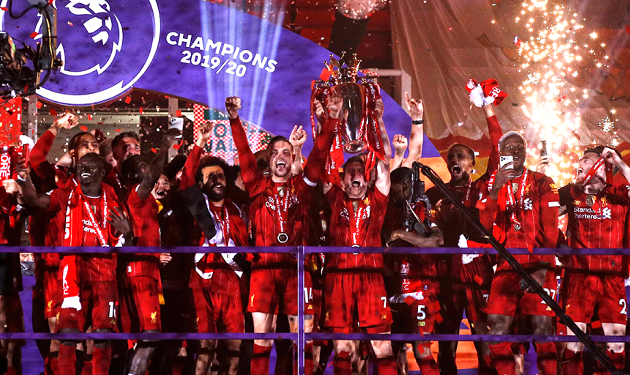
Oh, watching Liverpool. I’m an incurable Liverpool fan. And listening to music. In my next life, I want to be a Disc Jockey instead of a journalist!
What is one misconception about you that you’d like to change if you could?
That I am boring — too serious or always serious! My ex used to joke that she would expose me to my followers; that I wasn’t half as serious as they thought I was. That was a fairly long time ago, so I’m going to text her tomorrow to ask why she never fulfilled her promise.
Let’s put investigative reporting aside, I’m first of all a human being at the end of the day; not a spirit. And even though I have worked seven days a week for the past 16 years, there’s still a funny side to me. I love my job to bits, no question, but a fun part to me exists. Only that you’ll have to come close enough to see it.
You’re a more than eligible bachelor, are you in a relationship? And should we expect the wedding bells soon?
Hahaha. I’m currently in a marital relationship with journalism! I’m not seeing anyone at the moment; it may stay that way for another five years or it may change next week or even tomorrow. Twenty-four hours is a long time in human decision making. I could be married six months from today, I could still be single in another six years. Many complications will have to be sorted for me to embrace marriage. I’ll tell you one: How many wives would let their husbands go to prison as I did in 2019, just to chase a story? My ex and I were out of touch for three years and first time we reconnected on the phone, one of the first things she told me was “I wouldn’t have let you do that if we were still together”.For this and a few other reasons, I wouldn’t advise you to expect wedding bells anytime soon!
You’re famous yet single. A celebrity journalist like you must be getting a lot of attention from ladies. How do you handle it?
I’ve never considered myself famous; I’m just a bloody journalist. I’ve never seen myself as a celeb; I never will. It helps me keep my feet on the ground. I often remind myself that my job is to report events and people; not to be the event myself. In my world, fame belongs to the subjects of journalism — not the journalist himself.
However, it is true that I work in the public space, which means I come in contact with a lot of people, including ladies, in the line of duty. Still I don’t read too much meaning to attention from ladies. Any one woman can like another man; it’s nothing to get overly excited about. It’s just one of the basic occurrences of life. Also, I know that I have a reputation to protect. Responsible living is one of the demands of my job. And on top of this, I’m one of the hardest people to reach around. I’m usually in my journalism shell. The demands of investigative journalism are strenuous, as you can imagine. I work seven days a week, so the opportunity for frivolities is negligible.
Your final word, what can people expect from FIJ?
We believe in the value of our work but we’re not idealists; we’re not here to change the world overnight. But we want to make our country, first of all, a slightly more habitable place, and we’re aware good journalism can surely help. It may only be a drop in the ocean but it counts for someone — for a few people — and that’s fine.
Personally, I always wanted to dedicate my life to causes that are bigger than me — causes that are beyond personal gain and reward — and FIJ is just one. FIJ is my gift to the people; it is a gift to everyone who someday needs social justice and desperately needs a voice. All they need do is send an email to [email protected]. Nigeria is such a huge country to cover so we definitely will not be able to deal with every social-justice complaint. But one thing I can promise you: my team and I will try with all we have!
Add a comment
